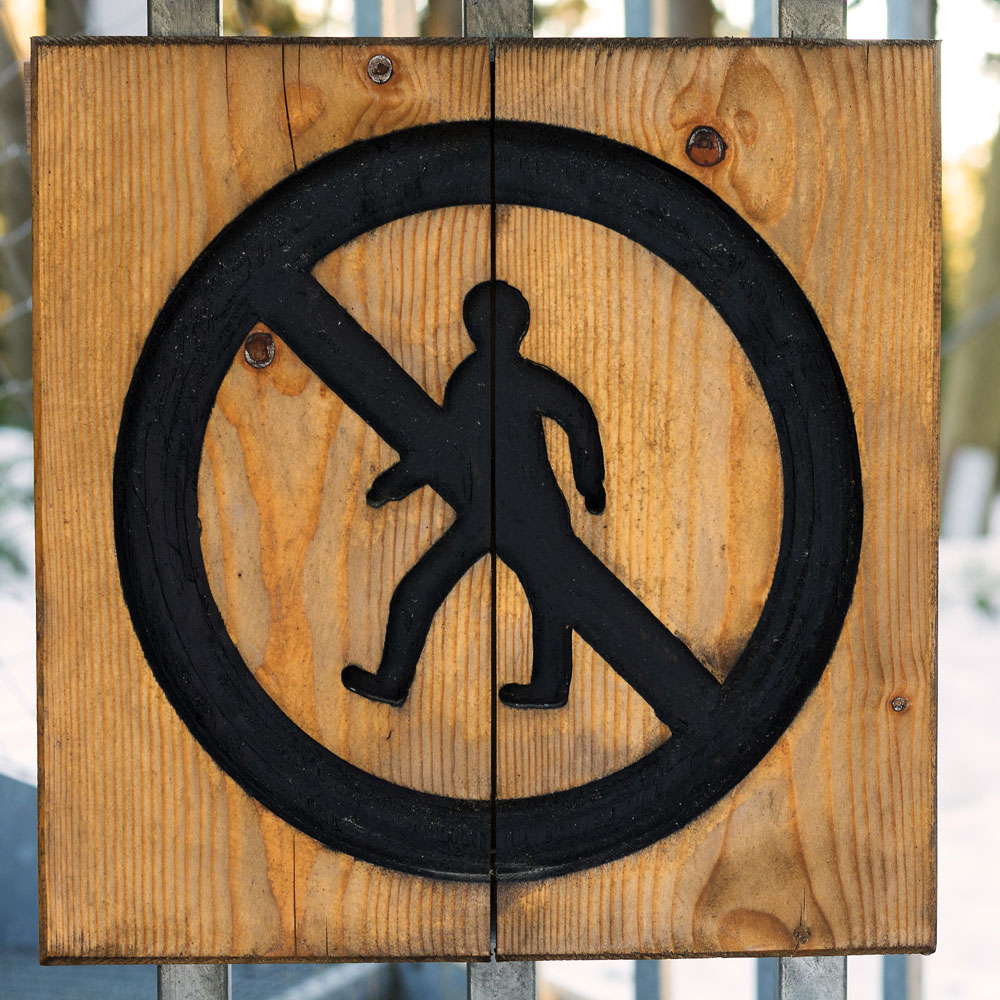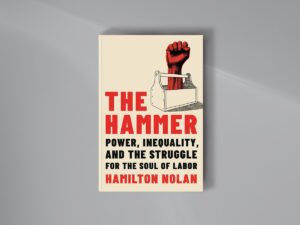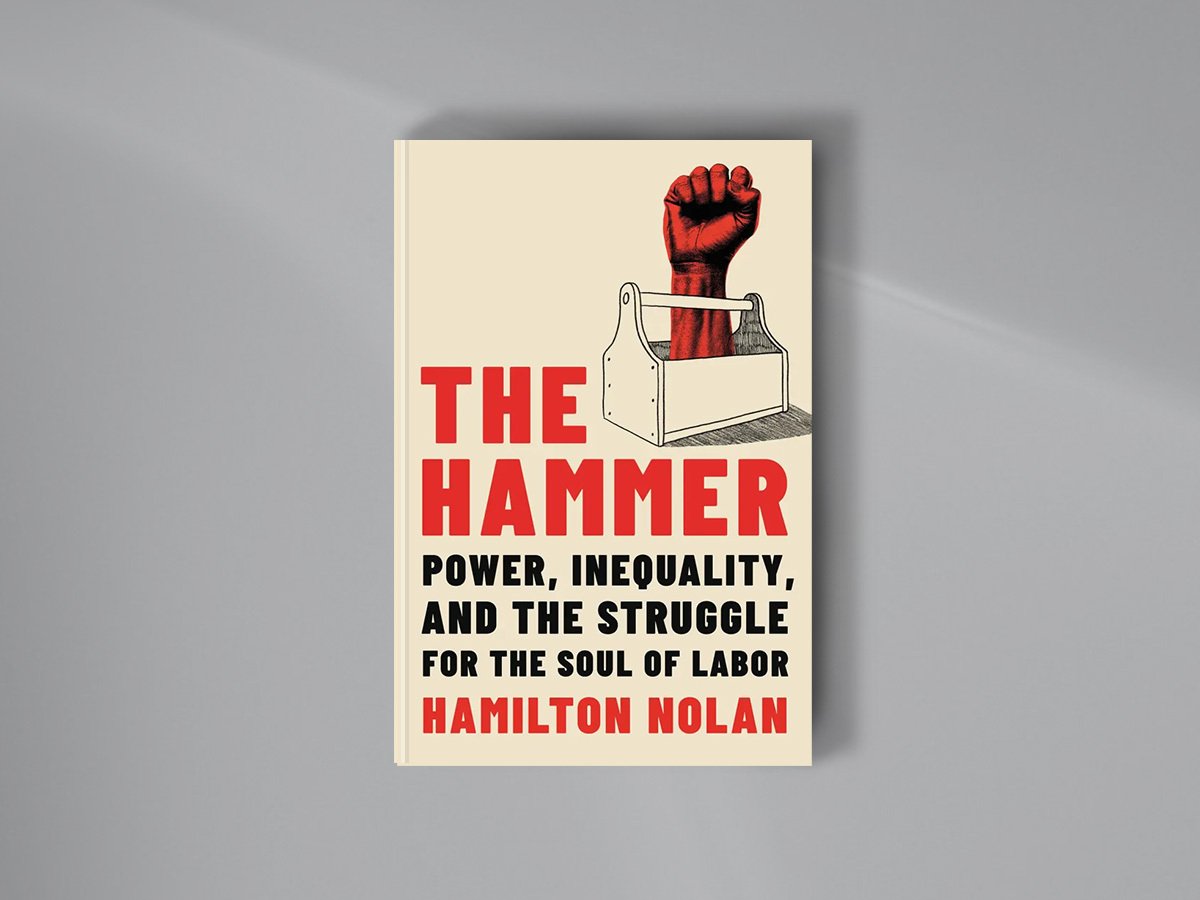
November 17, 2020; Vox
The US Supreme Court has not demonstrated a fondness for unions. Its last major union case, 2018’s Janus v. AFSCME, found that non-union government workers cannot be required to pay union fees as a condition of working in public service—a decision clearly intended to undermine the funding base of public sector unions.
Now, the Court, with its new, even more conservative makeup, will have another opportunity to take on unions when it hears Cedar Point Nursery v. Hassid in early 2021. But this time, the implications of the case could be even more far-reaching. What seems like a simple drawing of the line on where and when a union can recruit members could also shut the door on the health-and-safety practices that we count on to regulate business operations.
Some background may be helpful. California has a 45-year-old regulation from the beginning of the United Farm Workers organizing days that gives union organizers access to the property of agricultural growers for up to three hours per day, 120 days each year. The union does have to give notice to both the government and the employer, and they can only be on the property for an hour before the workday begins, an hour after the workday ends, and during the workers’ lunch hour.
The owners of Cedar Point Nursery claim the union violated their 5th Amendment protection that provides that private property shall not “be taken for public use without just compensation.” According to their lawyers from the Pacific Legal Foundation, a libertarian nonprofit legal advocacy group, the “takings clause” gives the nursery the right to “exclude unwanted persons from (their) property,” including union organizers. In addition, they claim that the nursery is entitled to compensation if this right is violated by state regulation.
It sounds fairly clear cut: Does this state regulation hold up, or does it actually constitute a “taking” of private property? A federal district court rejected the argument, and the US Court of Appeals for the 9th Circuit upheld that ruling. But now, lawyers from the Pacific Legal Foundation will argue otherwise. If the Court favors their arguments over those of the union, the doors for entry into “private property” may slam shut, with some dire implications.
Sign up for our free newsletters
Subscribe to NPQ's newsletters to have our top stories delivered directly to your inbox.
By signing up, you agree to our privacy policy and terms of use, and to receive messages from NPQ and our partners.
It is not clear how far this logic could extend. The writer in Vox suggests that if the plaintiffs’ views in the case were sustained, it might imply that even state officials like health inspectors could be barred entry on similar grounds. But even if, as is likely, a decision were only to apply to non-state actors, it is important to remember the vital role unions play in maintaining workplace health and safety. As NPQ noted last spring, in a time of pandemic, “whether employees have an effective voice at work can sometimes be the difference between life and death.”
The ability of people at the workplace to raise health and safety concerns in real time makes an incalculable difference. And, if you don’t see the difference, ask yourself, when was the last time you saw a government inspector visit your place of work?
There are other possible implications of this case. We have seen lawsuits against homeowners with waterfront properties that deny access to beaches to the general public. This is the kind of lawsuit that could support their right to “own” the beach. It could also mean that buildings in earthquake-prone zones don’t have to be built to standards to protect occupants from quakes. Or perhaps that expensive fire alarm and sprinkler systems don’t have to be installed in privately owned buildings.
The plaintiffs in this case argue that the union’s “taking” is much more damaging than a simple regulatory “taking” and should be considered a significant or “per se” intrusion. Normally, this would mean that the property owner was losing economic or productive use of their property or was subject to permanent physical occupation of their land. Neither of these is happening here.
But the plaintiffs are asking the Court to expand the definition of per se in this case. They explain their goal clearly on their website: The Constitution forbids government from requiring you to allow unwanted strangers onto your property. And union organizers are no exception. California’s regulation that allows them to do so violates property owners’ fundamental right to exclude trespassers. This could mean that the mere presence of union representatives on the nursery property would be forbidden.
The Court will hear this case this winter, with a decision in the spring. Let’s hope the justices, despite their typical anti-union lens, see the wisdom in preserving some critical checks and balances to maintain workplace safety.—Carole Levine













